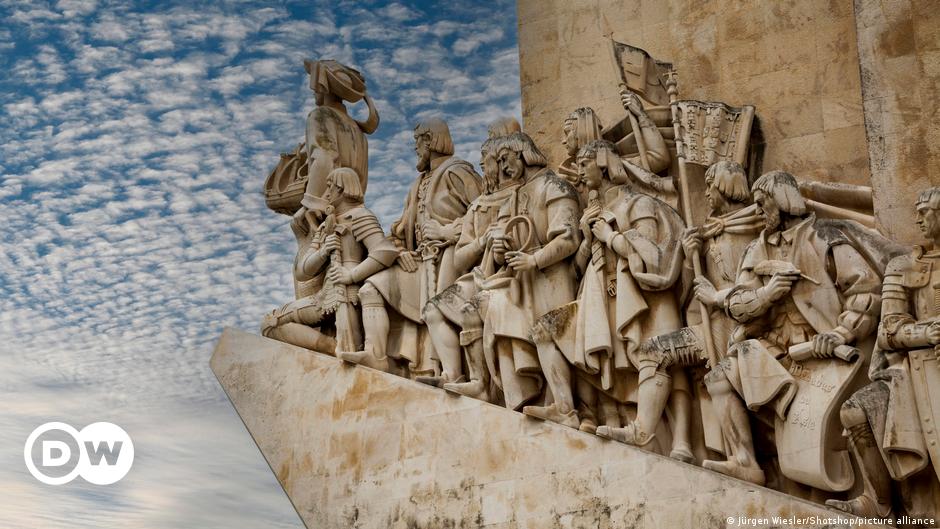Portuguese President Marcelo Rebelo de Sousa had called for Lisbon to find ways to compensate its former colonies, including canceling debt. The government says it has not initiated any process to that effect.
Lisbon is not planning to pay reparations for trans-Atlantic slavery and colonialism, Portugal’s government said on Saturday.
The statement comes in response to remarks by President Marcelo Rebelo de Sousa, who said Portugal could find ways to compensate its former colonies.
Portugal said in a statement that it seeks to “deepen mutual relations, respect for historical truth and increasingly intense and close cooperation, based on reconciliation of brotherly peoples.”
It stressed that it had not launched any “process or program of specific actions” for paying reparations.



Except that’s not even described as “Slavery” in the source you quoted.
It was basically the same shit that US companies like Chiquita did in South America and the US still does now in its private prisons.
Using the same logic as you used, then the US still has Slavery because people in its prisons are forced to work all of which is legal hence the State approves of it.
Similarly by that logic of yours the UK also had Slavery until the 20th Century since they had Indentured Servitude.
Oh yeah, and pretty much every single instance in any country (Communist China being a good example) were people were forced to move to the fields and work there is per your logic Slavery.
It’s still exploitation, there is still a duty of compensation for the victims (and I have actually defended it in the past, though not here in Lemmy), it’s however not the same evil as Slavery were people were actually owned and so were their children as soon as they were born.
As I see it, the people who did the exploitation or their direct descendants are still alive so it’s only fair if the victims or direct descendants of victims are compensated with whatever can be clawed back from those who did the deeds or those who inherited the proceedings of those deeds. That is however not what the President Of Portugal was suggesting, especially because he comes from well off families in the Fascist regime who directly or indirectly benefited of those actions approved by top people in that very regime (were his own father was a Government Minister).
What I’m a little more concerned about is your idea that any people who happen to have been born in Portugal have to pay for the evils of a Dictatorship they did not chose and which they even threw out when they finally could.
What you’re describing (enslaved people’s children are automatically also enslaved) is chattel slavery, it’s a special kind of evil.
However, those other things you listed are also slavery (people forced to work against their will). No, they’re not the same, but they’re both forms of slavery. The definition is broader than you might expect.
Correct. A slave by any other name is still a slave.
Well within that definition of yours, I have to agree.
All that shit is exploitation and people who suffered should be compensated, with the money for the compensation coming from those who profited from the exploitation and those in positions of authority who made it possible for it to occur.